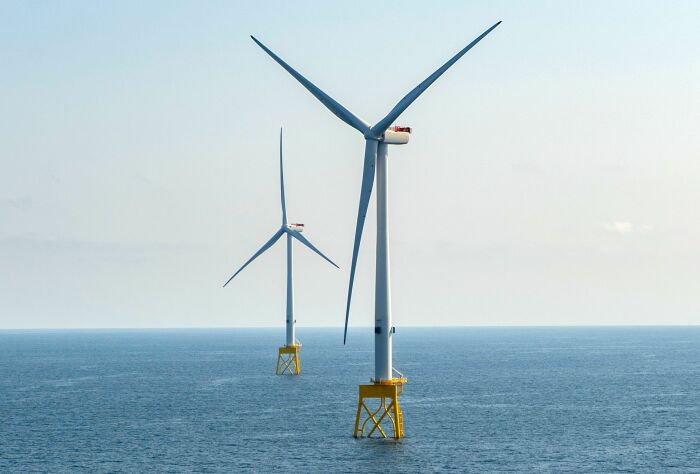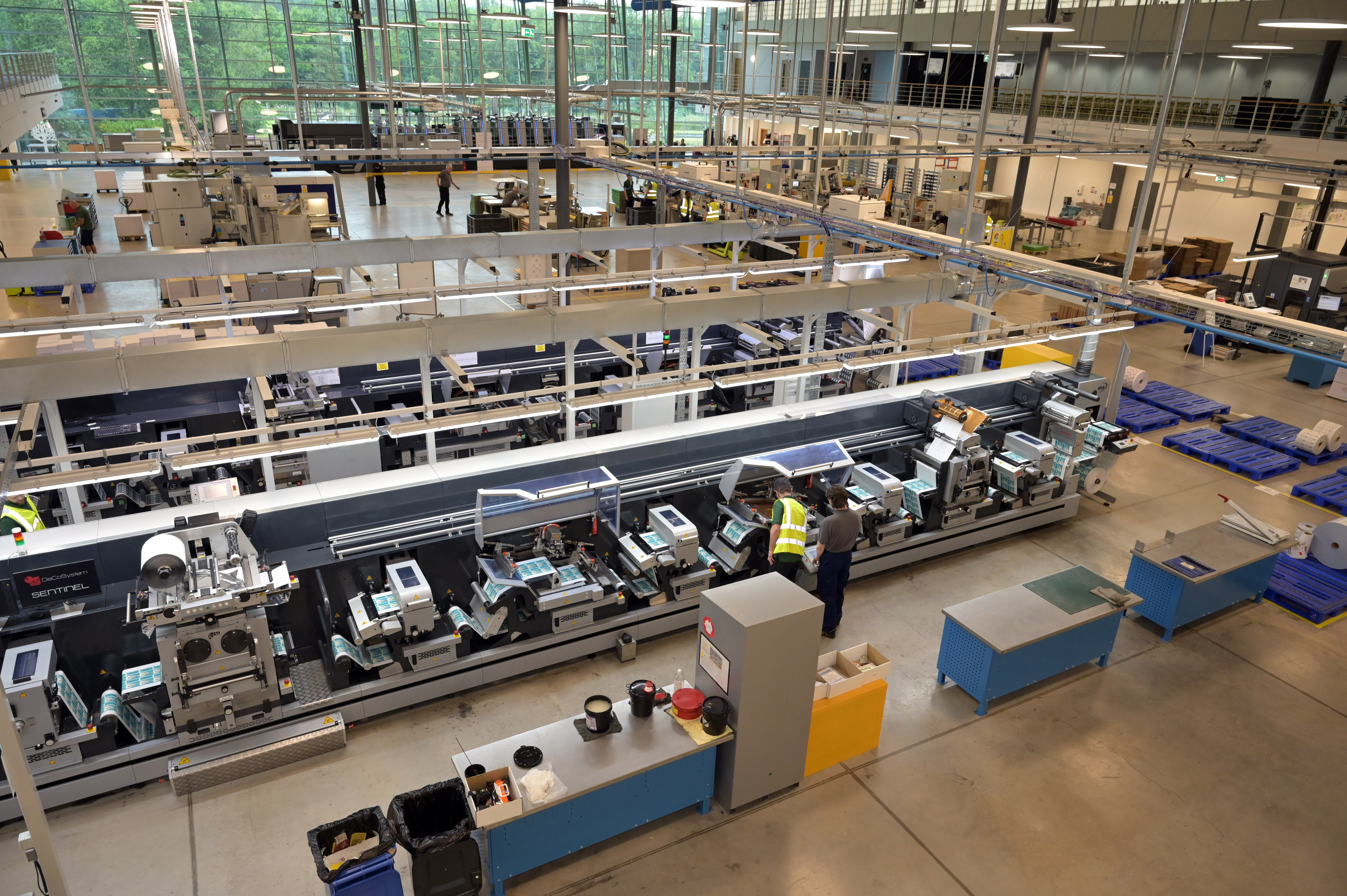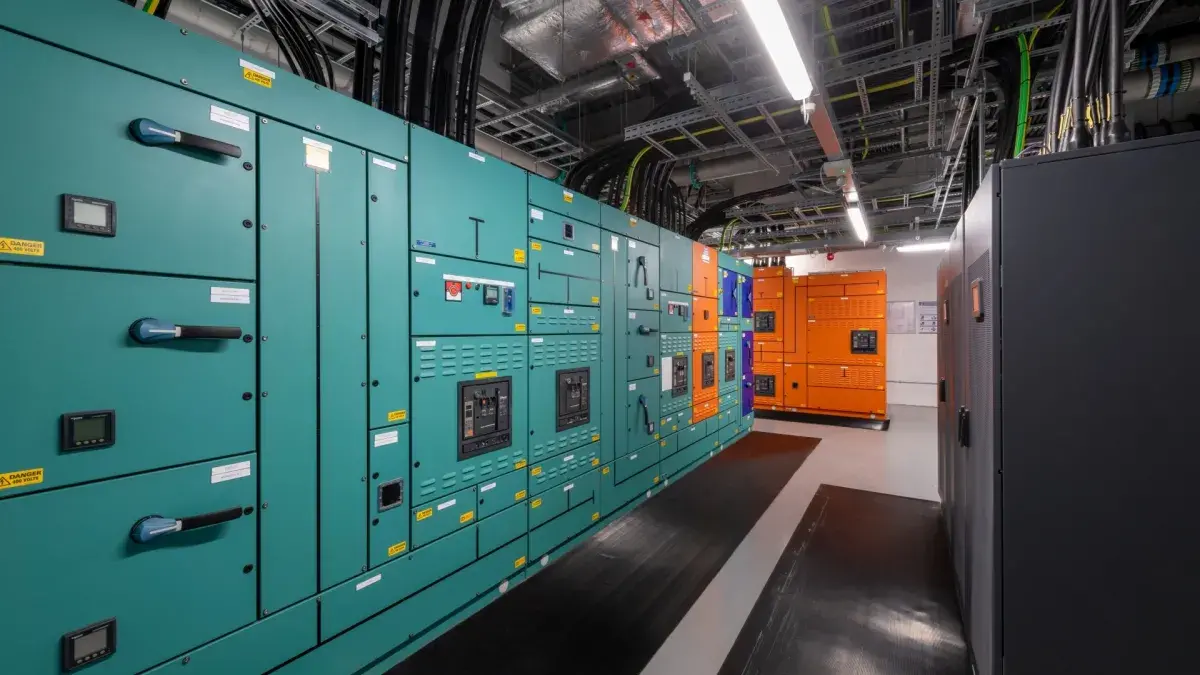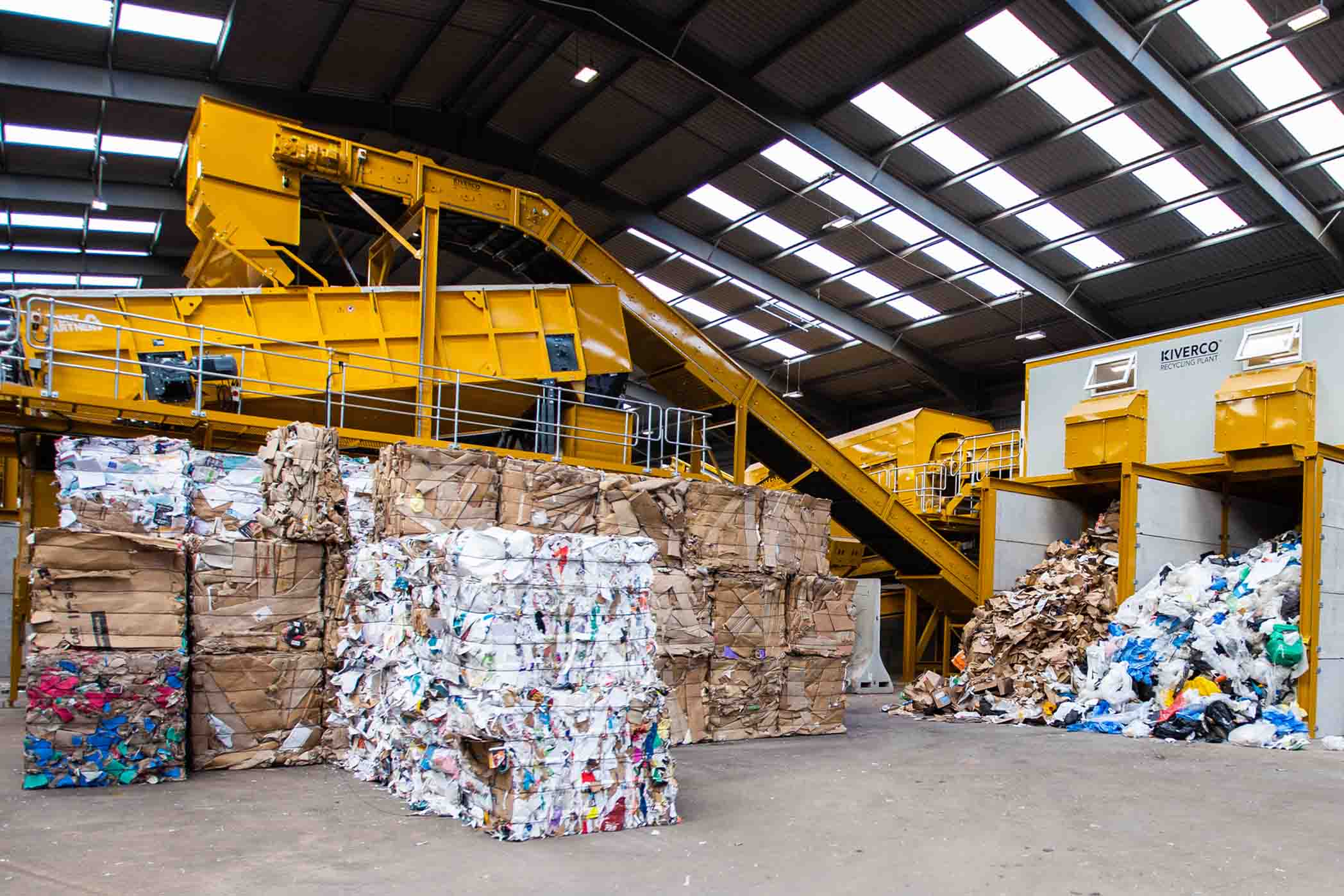
Cutting-edge research at Eindhoven University of Technology (TU/e) has sprouted several start-up companies in recent years. Amongst them are RIFT and Cellcius, who have just been awarded funding and resources by Breakthrough Energy, a private investment coalition founded by Bill Gates.
RIFT and Cellcius are the first companies from the Netherlands to receive support from the renowned fund that seeks to contribute to a climate neutral world by 2050. This underlines two core strengths at TU/e; namely academia-industry cooperation and entrepreneurial drive. With this support, RIFT and Cellcius aim to address the energy transition in unique and innovative ways – here is their plan.
The Metal Fuel Solution
The action of ‘burning something’ is generally not viewed as a sustainable energy solution. But for start-up RIFT (Renewable Iron Fuel Technology) burning is key to unlocking a sustainable alternative to fossil fuels in the form of iron powder.
Here is how burning iron powder is sustainable, and generates no CO2 or waste. First, the powder is burned in a boiler, and the heat generated is then used in heat networks. Left over is a rusted iron powder, which might sound like waste. But using hydrogen, the rusted powder is converted back into iron powder. In effect, this ‘charges’ the powder, creating a circular fuel that can be burnt and recharged over-and-over again.
This iron powder technique was developed by TU/e combustion technology Professor Philip de Goey and the Metal Power Consortium.
Exciting potential

RIFT CEO and former TU/e student, Mark Verhagen, is excited about iron powder fuels. He stated, “Industry and heat networks require large amounts of energy that sustainable sources cannot always provide. Our networks are not designed to supply this energy on top of normal use over a short period. An alternative is required, and iron powder fuel could be very important.”
Iron fuel burning has many advantages. No CO2 is released, and nitrogen emissions are much lower than those from coal or gas. It has a higher energy density, and it is safer to store and transport than hydrogen. And unlike standard batteries, when charged, iron powder does not lose energy in storage.
Metal fuel innovator Philip de Goey sees a big future for these fuels. He mentioned, “Iron fuel is a promising energy transition solution. In recent years, I’ve worked with several industrial partners on metal fuels. And thanks to RIFT, the scene is set for iron powder to make a sustainable impact on the world.”
Heating Thousands of Homes on a Large Scale
While Verhagen and de Goey seek to use iron powder for energy storage, TU/e Professor Olaf Adan and his start-up Cellcius are working on a simple way to store heat using salt crystals.
“Our heat battery technology uses an old, straightforward chemical reaction between salt and water vapor,” explained Adan, “When the salt crystals absorb water, they enlarge and release heat.”
But just like RIFT’s iron powder, the Cellcius’ salt crystals can be reused time-and-time again. “By adding heat, the water evaporates, which dries and shrinks the salt crystals. As long as the dry salt avoids water, the heat remains stored,” added Adan, “Unlike other types of heat storage, nothing is lost – the battery is loss-free.”
And just like RIFT’s iron powder solution, Cellcius’ heat battery is cheap and compact. What is more, the technology could heat thousands of homes, which would be beneficial given the current energy crisis gripping the world and the adverse winter conditions experienced in North America and Europe in recent seasons.
“The technology behind the heat battery could be a solution for the fluctuating supply of renewable energy in homes, and for the beneficial reuse of ‘heat waste’ generated at other buildings in cities,” noted Adan.
Proud
RIFT and Cellcius’ selection for Bill Gates’ Breakthrough Energy program has been well received in Eindhoven. “We are proud that these inspiring innovators from TU/e spin-offs RIFT and Cellcius have been selected for this great program,” said TU/e President Robert-Jan Smits. He added, “The award will help them to create more impact.”
With Breakthrough Energy backing, RIFT and Cellcius look set to revolutionize our future energy use and storage. And these brilliant technologies can trace their origins back to the innovative research carried out at TU/e.



Read more on how TU/e is making an impact on tue.nl/impact.
























